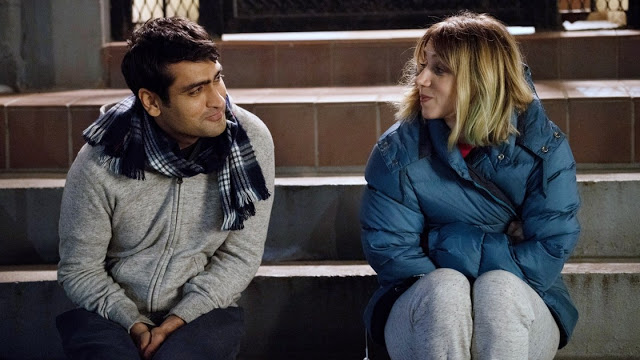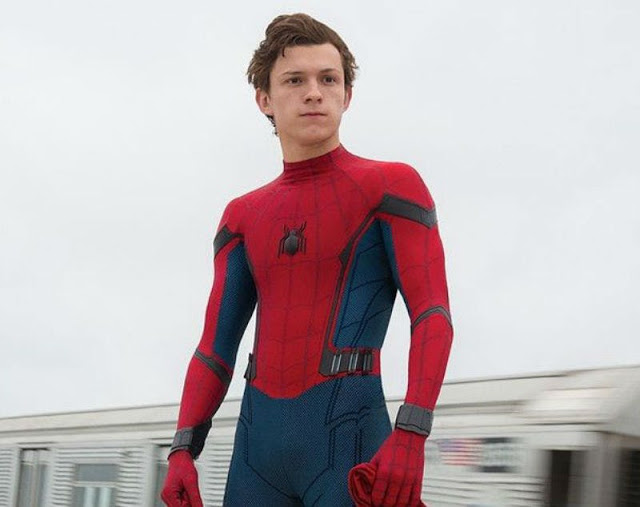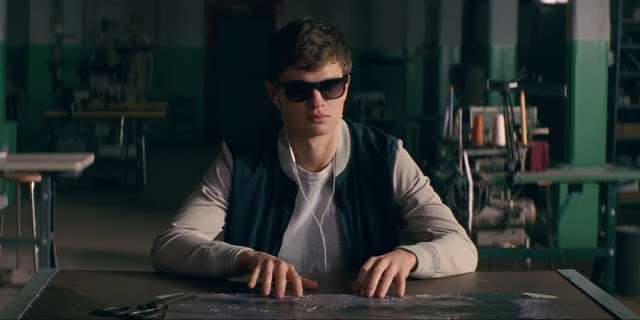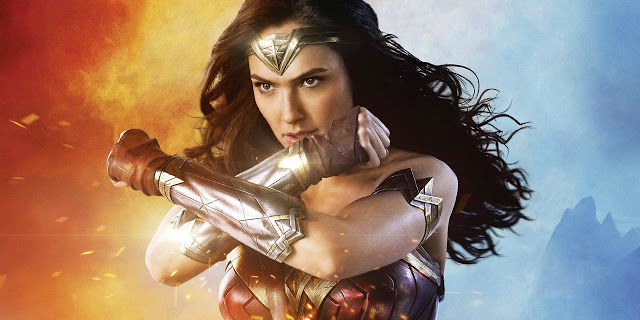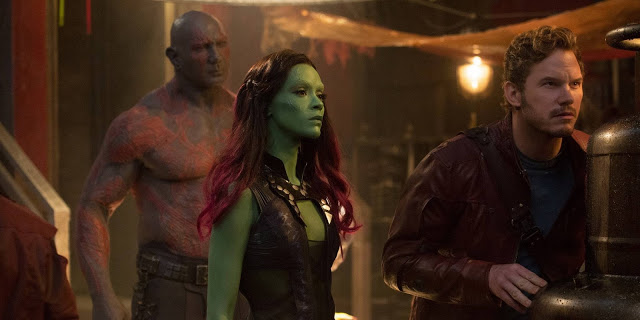The Big Sick: Funny Games, Then the Coma
“There’s not just going to be a magic spark,” a mother tells her son early in The Big Sick. “You have to work at it.” Honestly, has this woman never seen a romantic comedy? One of our most durable and pleasurable genres, it is undergirded by the notion that cinematic serendipity—the meet cute, the screwball misunderstanding, the shop around the corner—is very real, and could happen to you. Well, what better way to illustrate this than by telling a true story? The script for The Big Sick, Michael Showalter’s sweet and sensitive new movie, was written by real-life couple Kumail Nanjiani and Emily V. Gordon, and it chronicles their first date, ensuing courtship, and subsequent complications. Emily is portrayed by the terrifically talented and perennially underrated actress Zoe Kazan, but Nanjiani plays himself, lending further authenticity to a production already steeped in personal and locational detail.
Yet while the pieces are in place for The Big Sick to establish itself as a contemporary rom-com classic, it doesn’t quite do that—not because it’s a bad movie, but because it isn’t really a romantic comedy at all. Sure, there are plenty of laughs to be had, and for its first half-hour, the film executes the rom-com playbook with competence and conviction. As it progresses, however, The Big Sick becomes harder to pigeonhole. It operates, at varying times and often simultaneously, as a ruminative character study, as an exploration of the American immigrant family, and—most startlingly and most effectively—as a weepie. Read More

